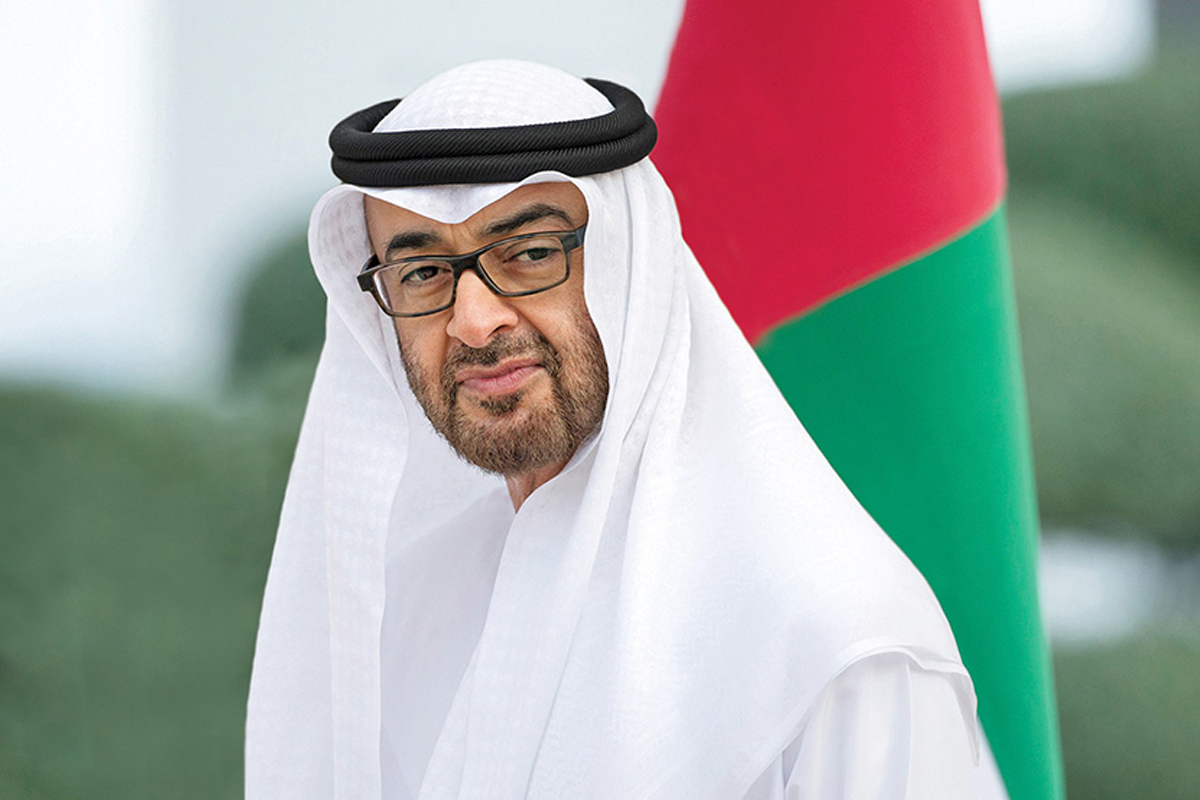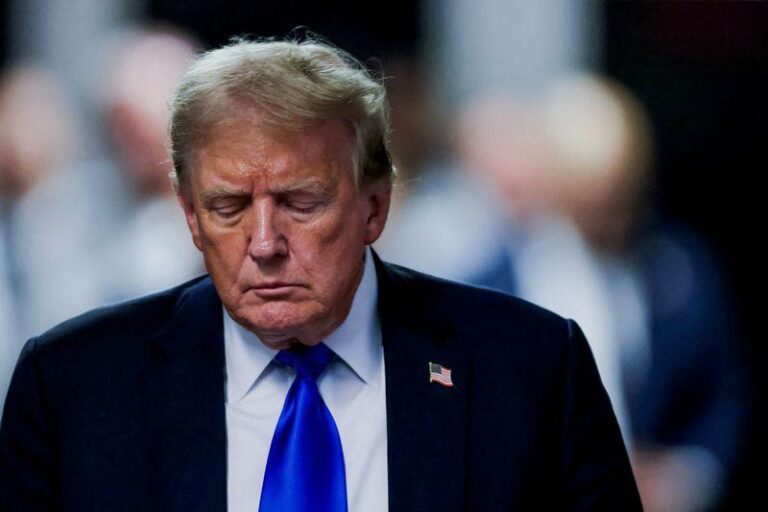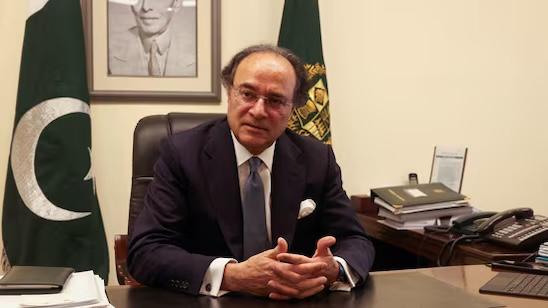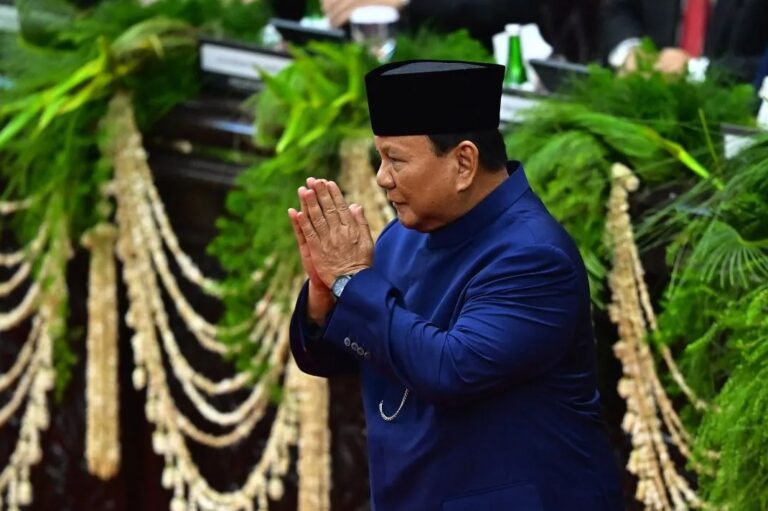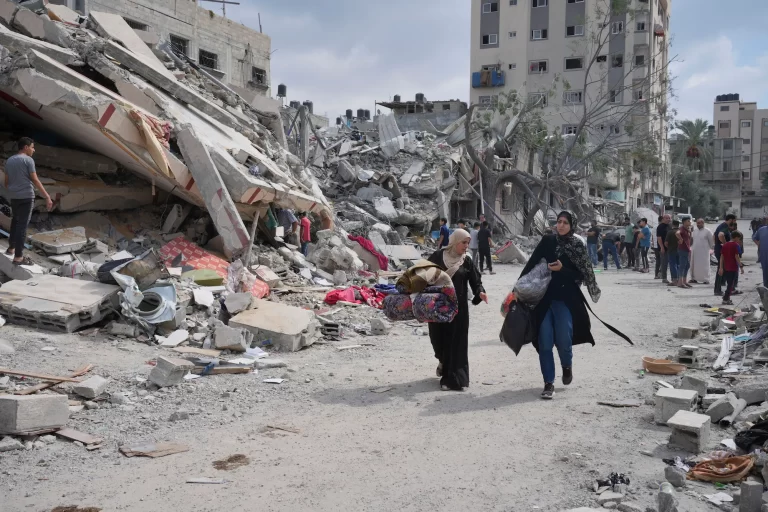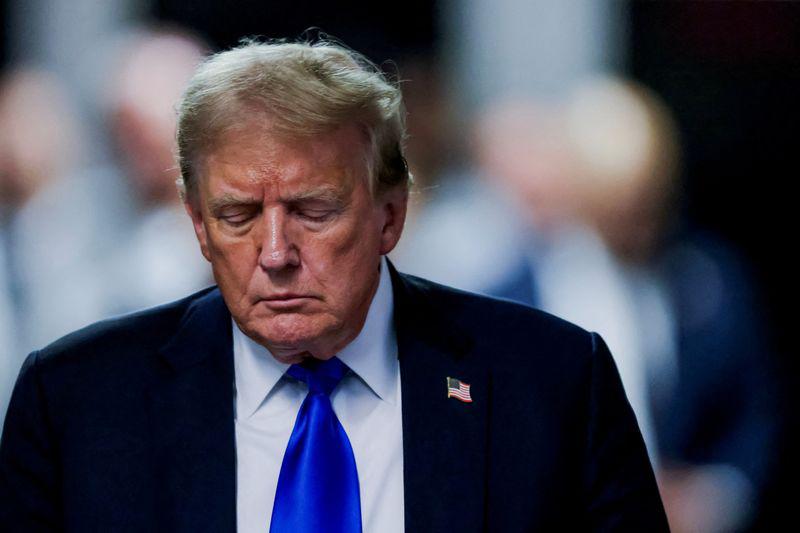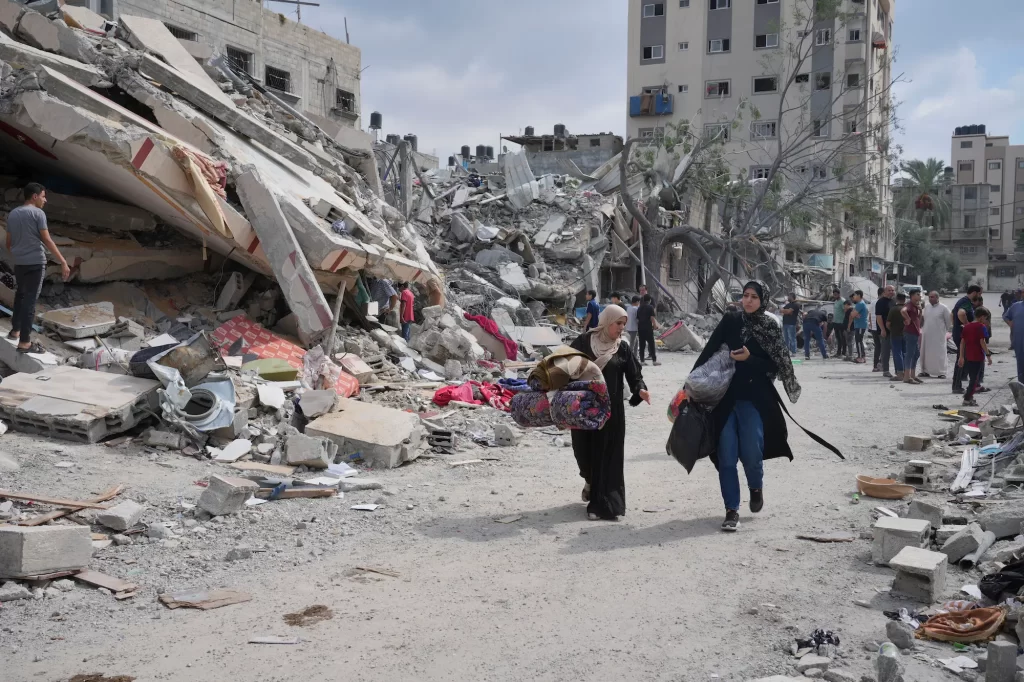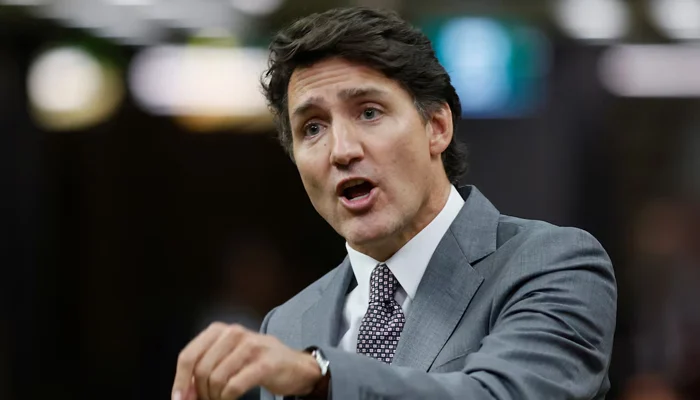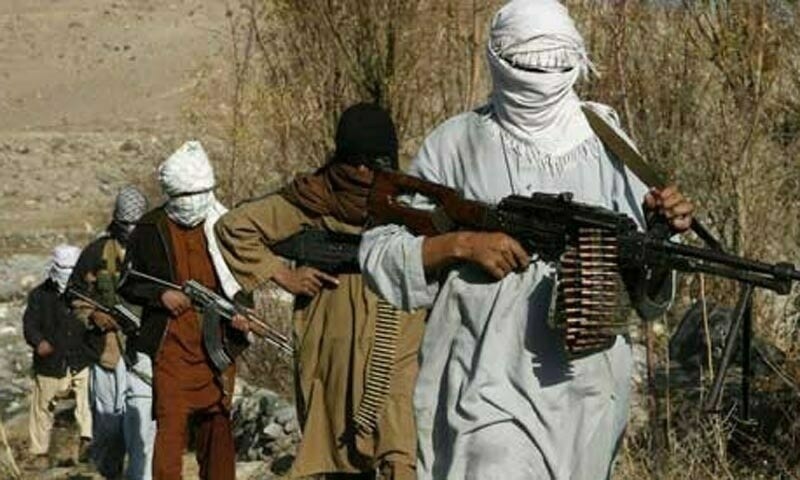Life sentences for three, others face up to 11 years for protesting against their government in the UAE.
In a significant legal action, the United Arab Emirates (UAE) has sentenced 57 Bangladeshi nationals to long-term jail terms for staging protests against their government. The state media reported that the court sentenced three individuals to life imprisonment and handed 10-year terms to 53 others. One person received an 11-year sentence. The protests, deemed unauthorized in the UAE, were described as “gathering and inciting riots.”
The official Emirati news agency WAM reported that these individuals organized large-scale marches on several streets of the UAE, protesting decisions made by the Bangladeshi government. Authorities will deport them after they serve their sentences. A witness confirmed the scale of these protests, noting their opposition to governmental actions back home.
Unauthorized protests are strictly prohibited in the UAE. The country’s penal code criminalizes actions that might offend foreign states or harm diplomatic relations. This incident underscores the UAE’s firm stance on maintaining public order and respecting international diplomatic ties.
Bangladesh Protests
The context of these protests traces back to student-led demonstrations in Bangladesh. These began after a Dhaka court reinstated a government quota system that reserved over 50 percent of civil service jobs, including a notable 30 percent for descendants of 1971 war freedom fighters. Amid stagnant job growth and high youth unemployment, students demanded the abolition of this quota system. The government’s crackdown on these protests and attacks by groups linked to the ruling party ignited nationwide unrest, posing a significant challenge to Prime Minister Sheikh Hasina, who began her fourth term in January.
Despite a curfew and army deployment aimed at curbing violence, the protests continued. The Bangladesh Supreme Court partially scaled back the quota system, but protesters demand accountability for the violence, which reportedly claimed 163 lives and led to the arrest of over 500 individuals, including opposition leaders in Dhaka.
Prime Minister Sheikh Hasina has faced accusations of authoritarianism, human rights violations, and suppressing free speech and dissent. Her government, however, denies these allegations. Recent UAE developments highlight the complex local and international politics affecting expatriates involved in political activism.
The UAE’s long-term jail sentences highlight the risks of unauthorized protests and strict measures to maintain public order.

